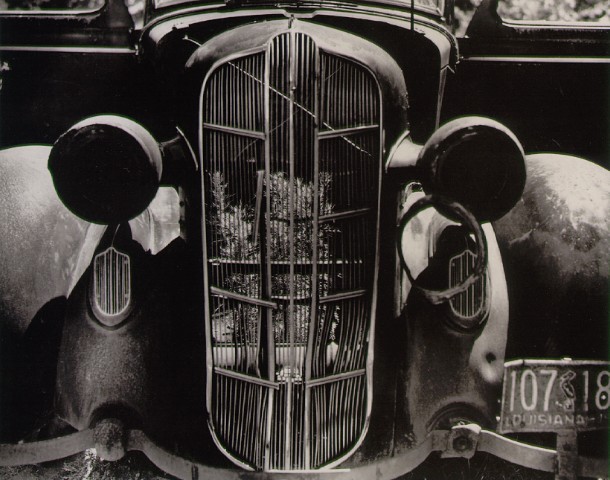“It is impossible to say just what I mean!”

There Was An Essay Entitled Form and T.S. Eliot by Melissa Sodeman (U Washington), in 1997, but it's no longer online as far as I know.
Like all of Eliot's poetry, Four Quartets is centrally concerned with the limitations and inadequacy of language. In East Coker Eliot describes his struggle with words in this way:So here I am, ... having had twenty years—Every poem, then, is a renewed struggle with words and with the problem of accurately representing the meaninglessness of the modern world while attempting to give it form, which is necessary to "make the modern world possible for art" (Eliot, "Ulysses, Order and Myth"). The mythical method Eliot employs in The Waste Land is a brief triumph, as is the ritual method of Ash-Wednesday and the repetition method he uses in Four Quartets, but none are permanent solutions to the modern poet's problem of form since the "shabby equipment" of the poet — i.e., language — is "always deteriorating."
Twenty years largely wasted...
Trying to use words, and every attempt
Is a wholly new start, and a different kind of failure....
...And so each venture
Is a new beginning, a raid on the inarticulate
With shabby equipment always deteriorating
(East Coker, 172-180).
This passage is conversely related to the above discussion. Here, Chuang Tzu illustrates the failure of small-time language and provides a contrast for the accomplishment of poets like T.S. Eliot.
 From The Chuang Tzu
From The Chuang TzuGreat understanding is broad and unhurried; little understanding is cramped and busy. Great words are clear and limpid; little words are shrill and quarrelsome. In sleep, men's spirits go visiting in waking hours, their bodies hustle. With everything they meet they become entangled. Day after day they use their minds in strife, sometimes grandiose, sometimes sly, sometimes petty. Their little fears are mean and trembly their great fears are stunned and overwhelming. They bound off like an arrow or a crossbow pellet, certain that they are the arbiters of right and wrong. They cling to their positions as though they had sworn before the gods, sure that they are holding on to victory. They fade like fall and winter-such is the way they dwindle day by day. They drown in what they do-you cannot make them turn back. They grow dark, as though sealed with seals-such are the excesses of their old age. And when their minds draw near to death, nothing can restore them to the light.